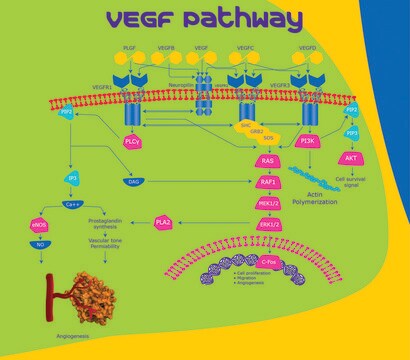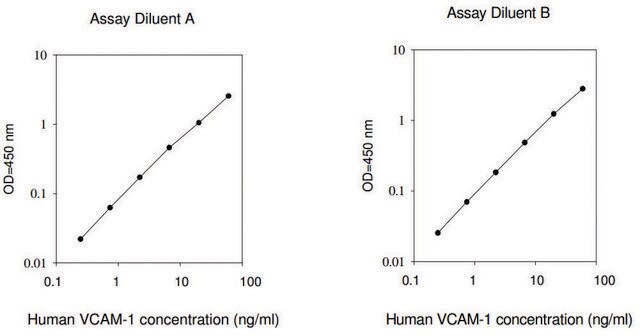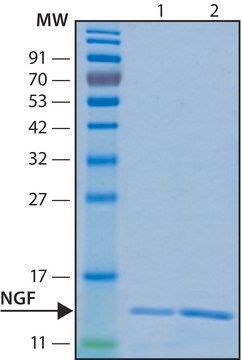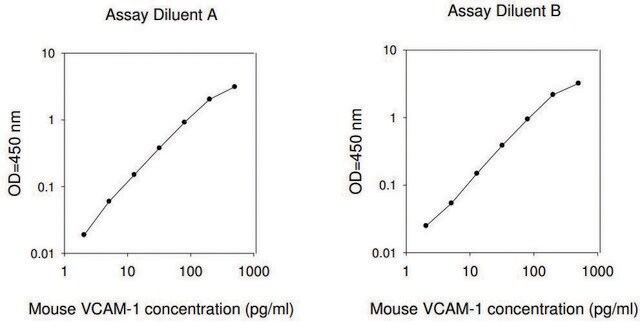SRP6458
TFPI human
recombinant, expressed in HEK 293 cells, ≥95% (SDS-PAGE)
Sinônimo(s):
EPI, LACI, TFI, TFPI1
About This Item
Produtos recomendados
fonte biológica
human
recombinante
expressed in HEK 293 cells
etiqueta
6-His tagged (C-terminus)
Ensaio
≥95% (SDS-PAGE)
forma
lyophilized
potência
<0.35 nM IC50
peso molecular
calculated mol wt 30 kDa
observed mol wt 41-45 kDa (DTT-reduced. Protein migrates due to glycosylation. Asp 29 is the predicted N-terminal.)
embalagem
pkg of 10 μg
Impurezas
<1 EU/μg endotoxin (LAL test)
nº de adesão UniProt
Condições de expedição
wet ice
temperatura de armazenamento
−20°C
Informações sobre genes
human ... TFPI(7035)
Descrição geral
Ações bioquímicas/fisiológicas
forma física
Reconstituição
Código de classe de armazenamento
11 - Combustible Solids
Classe de risco de água (WGK)
WGK 3
Ponto de fulgor (°F)
Not applicable
Ponto de fulgor (°C)
Not applicable
Certificados de análise (COA)
Busque Certificados de análise (COA) digitando o Número do Lote do produto. Os números de lote e remessa podem ser encontrados no rótulo de um produto após a palavra “Lot” ou “Batch”.
Já possui este produto?
Encontre a documentação dos produtos que você adquiriu recentemente na biblioteca de documentos.
Nossa equipe de cientistas tem experiência em todas as áreas de pesquisa, incluindo Life Sciences, ciência de materiais, síntese química, cromatografia, química analítica e muitas outras.
Entre em contato com a assistência técnica








